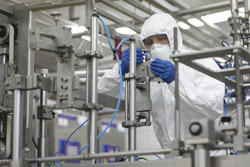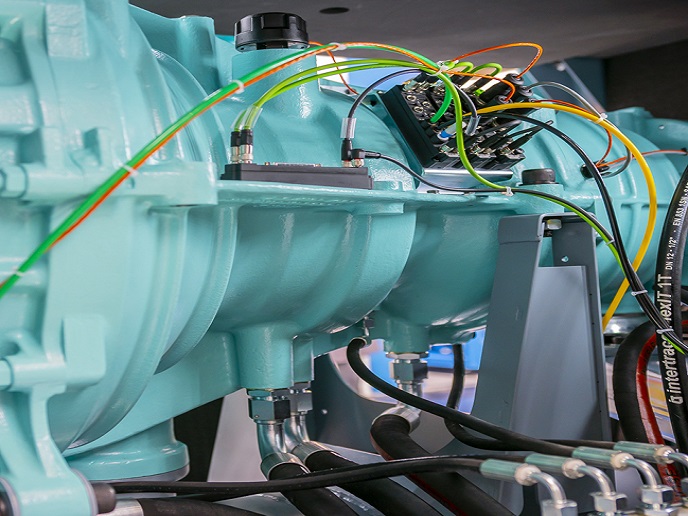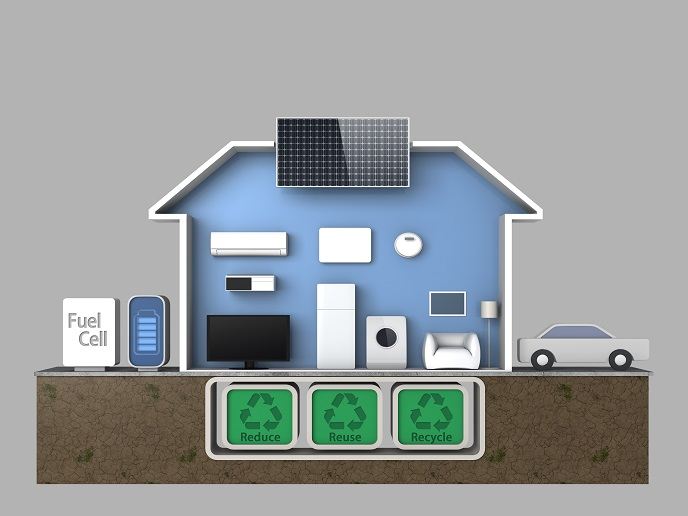High-quality and cost-effective precision parts
Small and medium-sized parts with geometrical requirements in the micro- or nanometre range have huge markets in fields such as micro-engineering, and medical and optical devices. However, quality control for such micro-manufacturing is lacking. EU-funded scientists working on the MIDEMMA(opens in new window) (Minimizing defects in micro-manufacturing applications) project extended final product validation to include raw material, workpiece and process monitoring and optimisation. Technologies enable defect detection in real time. The use of less expensive machines is possible since variability is decreased through process monitoring. Finally, smart decision-making tools reduce the knowledge requirements of operators. One new workpiece fixture boasts smart technology to monitor and adapt to workpiece deformation and displacement. An ultra-precision manipulating system delivers excellent positional accuracy and repeatability during micro-machining operations. Researchers have also developed an on-machine microscope to measure manufactured features on the micron and sub-micron scales. Process monitoring technologies are targeted at micro-machining and micro electro-discharge machining (EDM, a non-contact technique), ultra-fast laser ablation and micro-injection (plastic injection moulding). Adaptive process control utilises the data from process monitoring to automatically set up process parameters, detect errors and adapt operating conditions. Technologies were demonstrated in collaboration with five industrial end users from the medical devices and optics industries. Significant improvements were achieved in manufacturing of dental prostheses, optical components, ultrashort-pulse lasers, orthodontic components and micro-EDM machine tools. MIDEMMA technologies promise a step-change in the way the EU's micro-manufacturers do business. Cutting costs, time and scrap will have important effects on the profitability of the EU's manufacturers. Advances in quality will further boost competitiveness in the global fields of micro-engineering components and ultra-precision optics and lenses.







